Generative artificial intelligence in education: call for evidence
Feedback updated 28 Nov 2023
We asked
This call for evidence sought the views of the education sector on their use of, and attitude to, generative artificial intelligence (GenAI) in education.
You said
Respondents across primary, secondary and tertiary education are already beginning to see benefits from the use of GenAI and are positive about the opportunities it presents, though many also have concerns about the potential risks. The responses also provided suggestions on the support that the sector would find beneficial.
We did
The Department will use this information to shape its future policy in regards to GenAI in education, including how to best support the sector to optimise the opportunities of GenAI while minimising the risks.
Results updated 28 Nov 2023
A response to the Generative AI in Education Call for Evidence have now been published.
Links:
Overview
The public, including the education sector, has recently gained access to generative artificial intelligence (AI) tools. Generative AI technology uses foundation models trained on large volumes of data. It can be used to produce artificially generated content such as text, audio, code, images, and videos.
Examples of generative AI tools include ChatGPT, Google Bard, Claude and Midjourney. This technology is also being integrated into other tools.
Although generative AI is not new, recent advances and public access to the technology mean that the public can now use it more easily. This poses opportunities and challenges for the education sector. The department published a position on generative AI in education on 29 March 2023.
Why your views matter
We are keen to explore the opportunities this technology presents for education, as well as understanding the concerns of educators and experts in education. We would like to understand your experiences of using this technology in education settings in England.
We would also like to hear your views on where using it could benefit education, and about the risks and challenges of using it.
What happens next
The results of the call for evidence, including responses where appropriate will be published on GOV.UK in Autumn 2023. The Department will use the responses from this call for evidence as well as continued engagement with the education and EdTech sectors to inform future policy work. The Department does not intend to follow this engagement with a formal consultation at this time.
Audiences
- Teachers
- Headteachers
- Governors
- School support staff
- Early learning and childcare providers
- Training providers
- Local authorities
- Adult education providers
- Further education colleges
- Sixth form colleges
- Independent specialist colleges
- Designated institutions and 16-19 academies
- Designated safeguarding leads
- Virtual school heads
- SENCOs
- Educational Psychologists
- School business managers
- Governing bodies and academy trusts
- Bodies representing schools and local authorities
- Faith bodies
- Universities
Interests
- Education
- National Curriculum
- Academies
- Establishing maintained schools
- Governance
- Planning
- Pupil data
- Statutory policies and guidance
- Keeping children safe in education and other settings
- Attendance and absence
- Behaviour and discipline
- Teachers' standards
- Training and development
- Disabled children
- SEND code of practice
- Teaching and learning (SEND)
- Careers guidance
- Participation of young people in education, employment and training
- HE
- Apprenticeships
- Work based training
- Community learning
- Lifelong learning

Share
Share on Twitter Share on Facebook